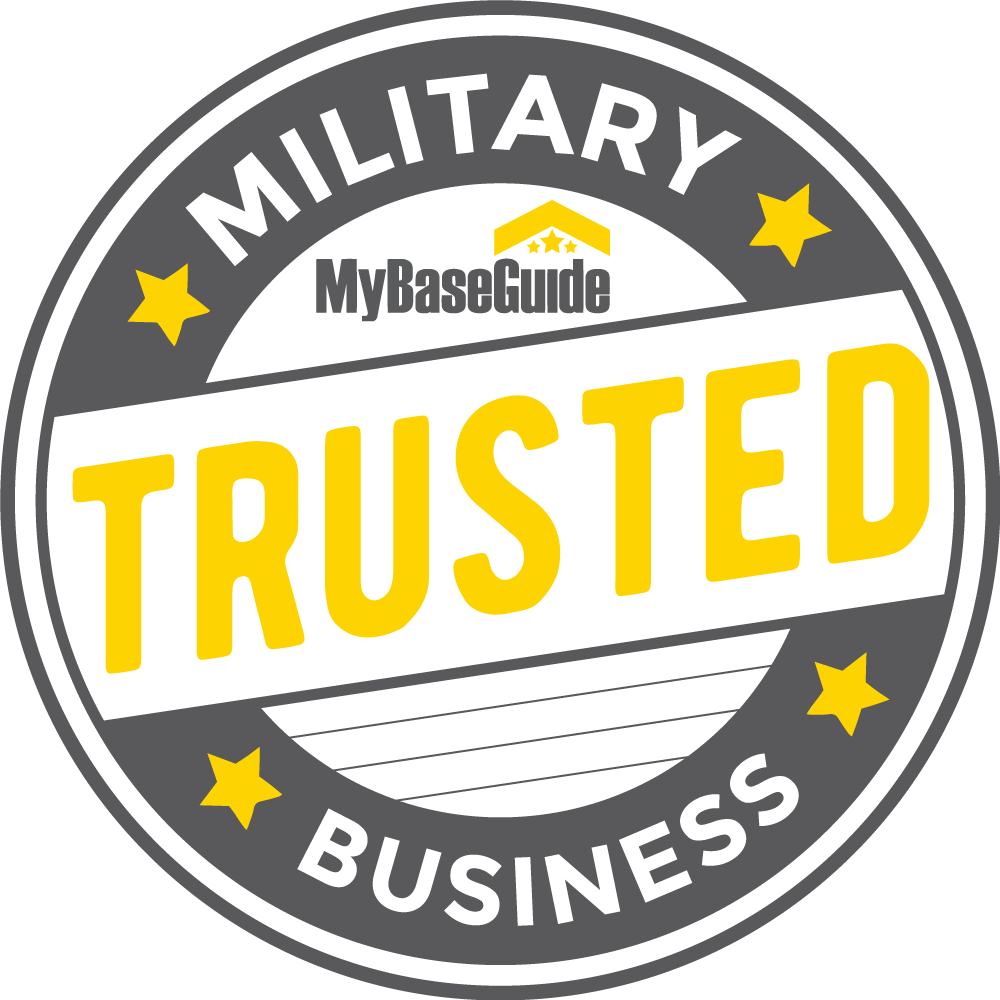
Transcranial magnetic stimulation (TMS) can help with a myriad of disorders, and although today it is best-known for treating depression it can also help with many sleep disorders. At the TMS Institute of Arizona, we work with you to determine the best kind of TMS therapy to fit your needs and schedule. “Regular” TMS can be completed in just a couple of weeks and is covered by many insurance policies while accelerated methods are helpful for those with busy schedules or who travel out of town (although accelerated TMS is not covered by insurance). So, how can TMS help with sleep disorders? Let’s take a closer look.
Nerve cells in the brain pass along electrical messages, and ideally these signals move smoothly. This lets you be excited about an upcoming vacation, reminds you to pay bills, and ensures that you don’t laugh too loudly in public places. They basically make sure that you behave “correctly” and experience joy and sadness in appropriate ways in response to stimuli. But not everyone’s signals are flawless and they may need a little correction. For those with PTSD, depression, OCD, eating disorders, and other psychological disorders, the neuron networks that keep our brain chugging along aren’t as functional and strong as they should be. In-office TMS treatment was cleared by the FDA in 2008 specifically for depression, particularly for those who did not get desired results from other kinds of therapies (like medications). Today, studies (like a recent one from Stanford) found that the TMS success rate is 79 percent—much higher than any other form of therapy. In 2020, TMS was also FDA-cleared for treating nicotine addiction and in 2022 it was cleared for OCD. However, it is often used effectively in an off-label manner to treat issues like insomnia.
Insomnia and the Brain
What causes insomnia? It is often a bi-directional issue and tied to depression, anxiety, or both. It is often thought that those with depression sleep too much, and that can certainly be the case, but people with depression can also struggle with insomnia. Bear in mind that insomnia presents as having trouble falling asleep and staying asleep (and you may be challenged by just one of these problems). Anxiety is understandably associated with insomnia because when you’re anxious, it can be tough to fall and stay asleep.
Insomnia is one of the most common sleep disorders treated with TMS because when you treat its co-morbidity (i.e. depression or anxiety), you may also be able to treat chronic insomnia. It depends on the cause of the insomnia, too. For instance, if you have insomnia due to chronic physical pain, that is not a brain issue but a body issue. However, if your insomnia is brain-based, TMS may be able to help.
TMS Progress Now
Currently, researchers are working hard to align brain patterns with different disorders, so it is likely that FDA clearance for other disorders will happen soon. Where the magnet is placed during TMS needs to match up with the brain patterns causing the disorder symptoms. TMS makes cortical neurons “exercise,” so that providers can shift brain circuits to exact ends. We still have a long way to go, but the good news is that TMS therapy has already shown fantastic results when it comes to treating many sleep disorders.
However, be wary of companies who are jumping on the TMS-adjacent bandwagon. One such company has started to offer an at-home “magnetic therapy” for sleep and focus that works like a helmet. This company recommends wearing it 30 minutes per day five days per week for one month. The results are allegedly a brain that “works better,” but this is not TMS—and it is certainly not individualized to your needs or provided by a medical professional. The best-case scenario is that it does nothing, but the worst case scenarios have yet to be seen.
Instead, if you’re interested in the TMS therapy, get it from the leading experts in the field. Schedule a consultation for TMS therapy with the TMS Institute of Arizona by calling the office during business hours or complete the online contact form now.













